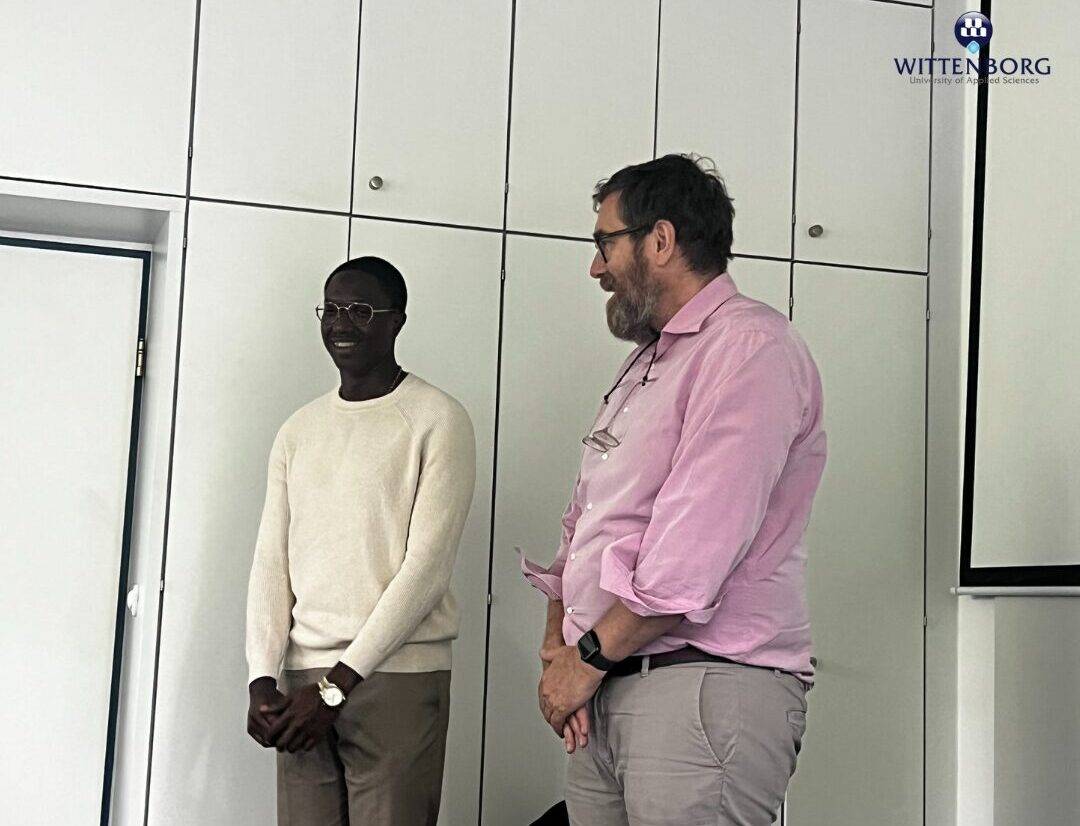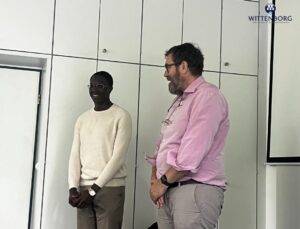
Update from the Chancellor: Sascha’s Secrets about Munich
17. June 2024
18th Annual AGBC Exchange Hosted at NEC
19. June 2024Context
CVs and Cover Letters
In today’s competitive business environment, a well-written CV and cover letter are essential tools for job seekers. They not only provide a summary of your qualifications and experiences but also communicate your professionalism, attention to detail, and understanding of the job market. A strong CV and cover letter can significantly enhance your employability by making a positive first impression and showcasing your suitability for the role.
Curriculum Vitae (CV) and cover letters are fundamental tools in the job application process. Knowing how to create these documents effectively can significantly enhance your chances of securing employment.
- A Curriculum Vitae (CV) is a comprehensive document that outlines your academic and professional history. It is typically used in academic, research, and healthcare fields but is also widely accepted in various industries around the world. A CV includes: personal information, professional summary, education, work experience, skills, publications and presentations, honours and awards, professional membership, reference.
- A cover letter is a personalized document that accompanies your CV when applying for a job. It introduces you to the potential employer and provides an opportunity to explain why you are the ideal candidate for the position.
Purpose of the project
1. Enhance Employability:
- Equip students with the skills and knowledge required to create effective and professional job application documents, increasing their chances of securing internships, part-time jobs, or full-time positions.
2. Promote Self-Awareness:
- Encourage students to reflect on their own strengths, skills, and career aspirations, helping them to identify what they are looking for in potential employers and career paths.
3. Develop Research Skills:
- Teach students how to conduct thorough and meaningful research on potential employers, including understanding company values, culture, and opportunities, which will aid them in making informed career decisions.
4. Improve Written Communication:
- Strengthen students’ ability to write clear, concise, and persuasive professional documents, including CVs and cover letters, which are crucial for successful job applications.
5. Foster Critical Thinking:
- Encourage students to critically evaluate potential employers by weighing the pros and cons of working for different companies, which will help them make well-rounded career choices.
6. Build Confidence:
- Help students build confidence in their ability to present themselves professionally to potential
employers, both in written form and during interactions at the job fair.
7. Encourage Professional Engagement:
- Motivate students to actively engage with potential employers at the job fair, ask insightful questions,
and network effectively to create lasting professional connections.
8. Prepare for Real-World Scenarios:
- Provide students with a realistic understanding of the job market and the application
Evaluation Process
- Professionalism: The overall presentation of your CV, company analysis, and cover letter.
- Research and Insight: Depth of research and understanding of the companies you selected.
- Clarity and Coherence: Clear and coherent expression of your thoughts and ideas.
- Attention to Detail: Proper grammar, spelling, and adherence to assignment guidelines.
The Academic Challenge
Disclaimer: Partially AI generated content



















